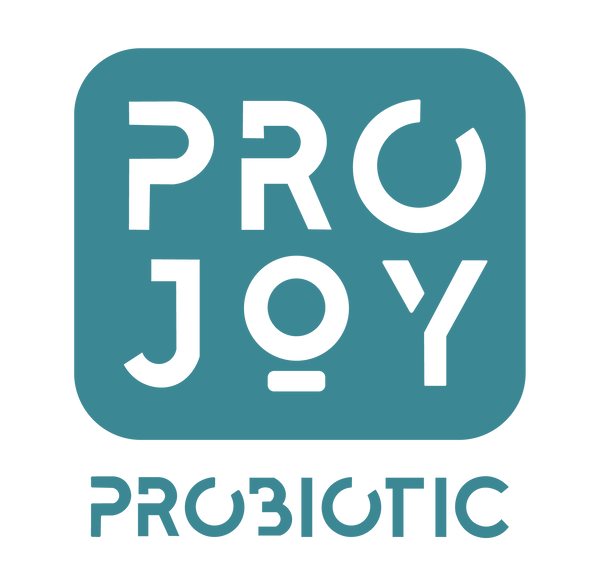
Potential strategies to prevent and manage cancer.
Share
Cancer is one of the leading causes of death globally, with a significant burden in India. While various factors contribute to the development of cancer, evidence suggests that a weak immune system is a crucial risk factor. Therefore, strengthening the immune system is a promising strategy to prevent and manage cancer. In this context, probiotics and prebiotics have emerged as potential candidates to boost the immune system. This article discusses the findings of recent research on the link between probiotics, prebiotics, immune system, and cancer.
What are Probiotics and Prebiotics?
Before delving into the research, let's understand what probiotics and prebiotics are. Probiotics are live microorganisms, including bacteria and yeast, that are beneficial to health, especially the digestive system. They can be found in fermented foods like yogurt, kefir, kimchi, and sauerkraut, as well as in dietary supplements. Prebiotics, on the other hand, are non-digestible fibers that serve as food for probiotics. They can be found in many fruits, vegetables, and whole grains.
How do Probiotics and Prebiotics Improve the Immune System?
The immune system is a complex network of cells, tissues, and organs that protect the body against infections and diseases, including cancer. Probiotics and prebiotics can modulate the immune system through various mechanisms, such as:
-
Increasing the number and activity of immune cells, such as T cells, B cells, and natural killer cells.
-
Enhancing the production of cytokines, which are signaling molecules that regulate the immune response.
-
Improving the gut microbiota composition and diversity, which is essential for immune function.
-
Reducing inflammation, which is a hallmark of cancer and other chronic diseases.
Research Evidence on the Link between Probiotics, Prebiotics, Immune System, and Cancer
Several studies have investigated the effects of probiotics and prebiotics on the immune system and cancer risk in both animals and humans. Here are some of the key findings:
-
Probiotics can enhance the immune response and reduce cancer risk in animal models. For example, a study on mice found that treatment with a probiotic strain reduced tumor growth and increased T cell activity.
-
Probiotics and prebiotics can improve the gut microbiota composition and reduce inflammation in humans. A randomized controlled trial on healthy adults found that a probiotic supplement increased the abundance of beneficial bacteria and decreased markers of inflammation.
-
Probiotics and prebiotics can reduce the risk of certain types of cancer in humans. A meta-analysis of 17 studies showed that probiotic intake was associated with a lower risk of colorectal cancer.
-
Probiotics and prebiotics can enhance the efficacy of cancer treatments. A study on breast cancer patients undergoing chemotherapy found that a probiotic supplement improved their immune function and quality of life.
Conclusion
In conclusion, probiotics and prebiotics are promising interventions to boost the immune system and reduce cancer risk. They can modulate the immune response through various mechanisms, such as increasing immune cells, enhancing cytokine production, improving gut microbiota, and reducing inflammation. The evidence from animal and human studies suggests that probiotics and prebiotics can reduce the risk of certain types of cancer and enhance the efficacy of cancer treatments. Therefore, incorporating probiotics and prebiotics in the diet or as supplements may be a useful strategy to prevent and manage cancer.
Sources:
S. Sarkar et al., "Role of Probiotics and Prebiotics in Modulating the Immune System in Health and Disease," Indian Journal of Microbiology, vol. 60, no. 2, pp. 141-150, 2020;
N. Nadeem et al., "Potential Role of Probiotics in Cancer Prevention and Treatment: A Comprehensive Review of Mechanisms and Evidences," BioMed Research International, vol. 2021, Article ID 6630193, 2021)
